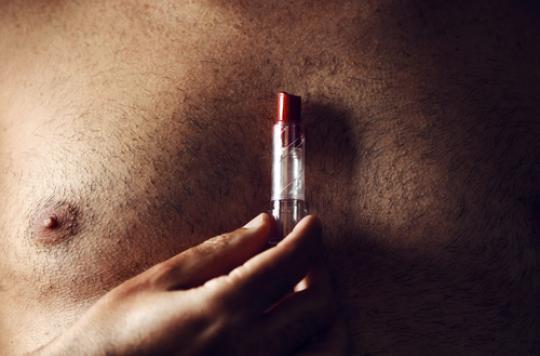Their erroneous definition favors received ideas. Transgender people should no longer be seen as mentally ill. This causes distress and social unrest.

Dated, subject to debate, at the origin of stereotypes… The definition of transgenerationalism must evolve. Currently, the feeling of not belonging to one’s biological sex is considered a mental disorder by health authorities. Many associations are pleading in favor of changing international criteria. It is now scientists who are seizing the question. The World Health Organization (WHO) is approaching the problem from the wrong side, they explain in the Lancet Psychiatry. It is not the fact of being transgender that causes psychological distress… but the violence suffered by this population.
Distress signals
In its 2010 International Classification of Diseases (ICD-10), the WHO describes transgender identity as “a desire to live and be accepted as a member of the opposite sex”. To this main character is added a discomfort vis-à-vis the anatomy, the desire for surgery and hormonal treatment in order to correspond to its perceived gender. So far, nothing really shocking. Except that this definition is stored in the section mental disorders. The American Psychiatric Association (APA), relies on a similar explanation, but associates it with distress and difficulty functioning in society.
The analysis is wrong, according to the results of the Mexican Institute of Psychiatry Ramón de le Fuente Muñiz. Its members interviewed 250 transgender people, aged 18 to 65. Most of them were transgender women, that is, women whose sex at birth was male. Psychological distress does exist, just like problems facing society, reveals this field study. But these are the consequences of preconceived ideas.
Almost 80% of transgender people encountered were rejected by society, primarily by members of their family. Physical and even sexual violence is also frequent. Here too, the family circle is regularly involved. It is therefore not surprising that 90% of volunteers report a disruption of family, social, professional or school links.
Limited access to care
Transgender people face many barriers. It is the received ideas about mental disorders and their identity that are at the heart of the problem. They are used to justify a precarious legal status. But above all, they hamper access to healthcare and can lead to a violation of human rights. So many factors that affect well-being.
Pr Geoffrey Reed, the main author of this work, underlines a major danger caused by this misclassification: its misappropriation. It was “diverted to justify the refusal of treatment, and contributed to the idea that this population should be treated by psychiatrists”, he explains. He specifies that some states rely on this document to limit the right to self-determination and to a change in civil status. The solution, in his eyes: to reclassify transgenerationalism among disorders related to sexual health.
The World Health Organization will revise its international classification of diseases in 2018. Until then, other teams will reproduce this work, in order to provide proof that, as it stands, the text promotes inequalities. Brazil, France, India, Lebanon and South Africa will soon start the talks. It’s a safe bet that France will present similar results. SOS Homophobie’s annual report presents an unenviable situation. The National Consultative Commission on Human Rights, for its part, underlined the extreme difficulty posed by the procedures for changing civil status.
.















